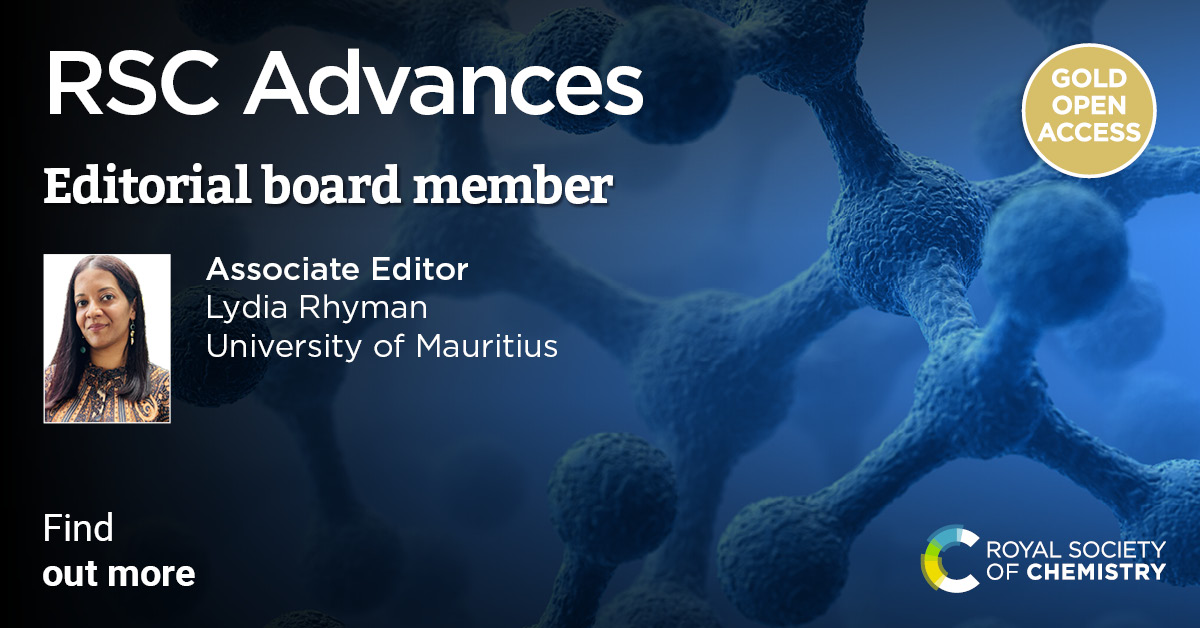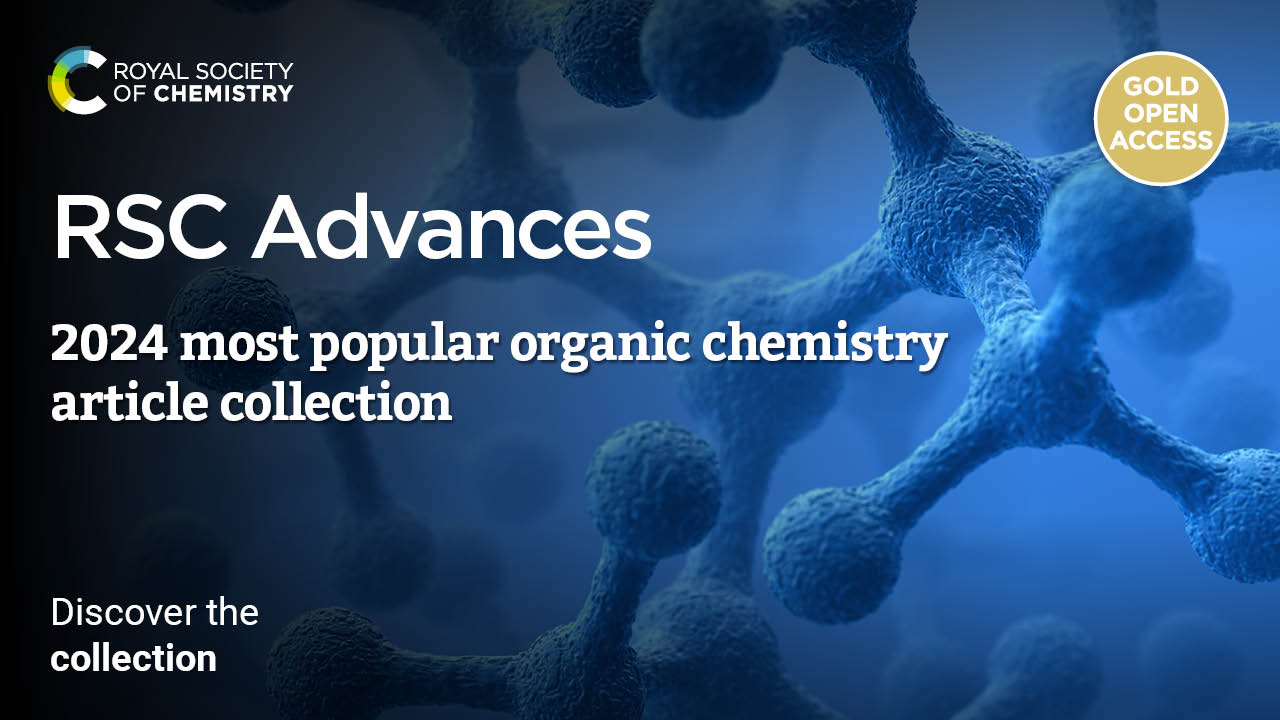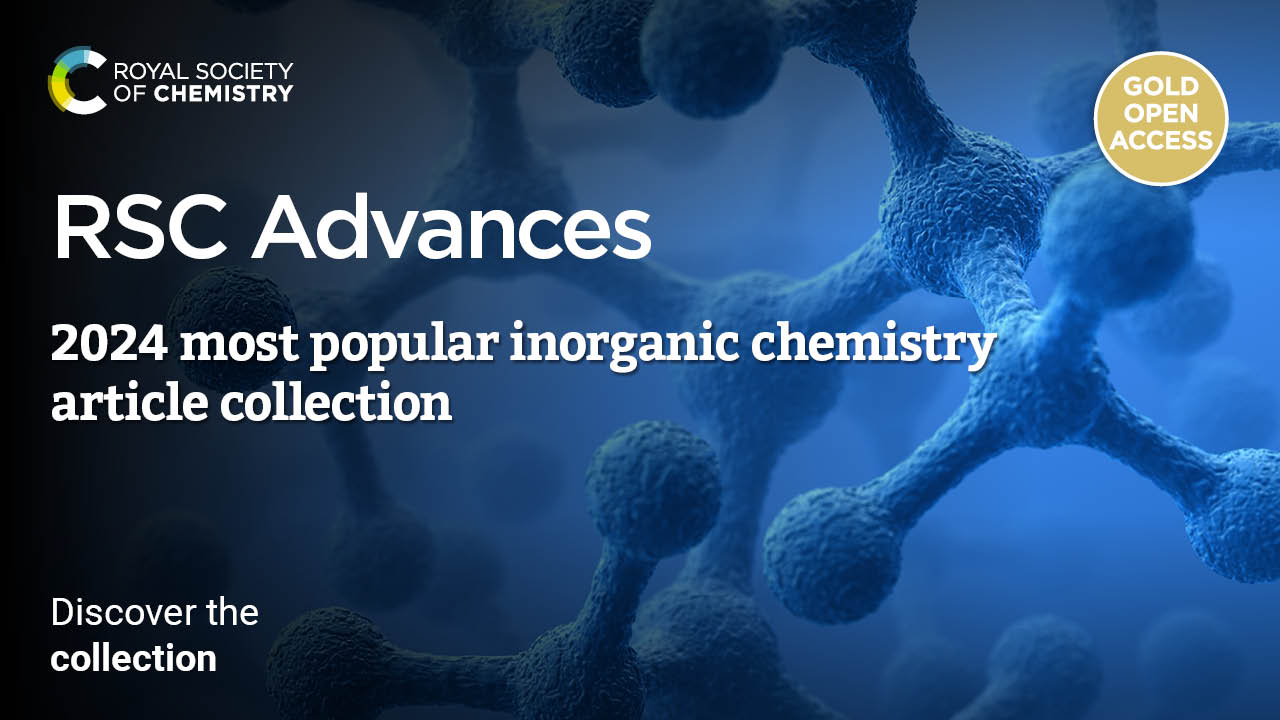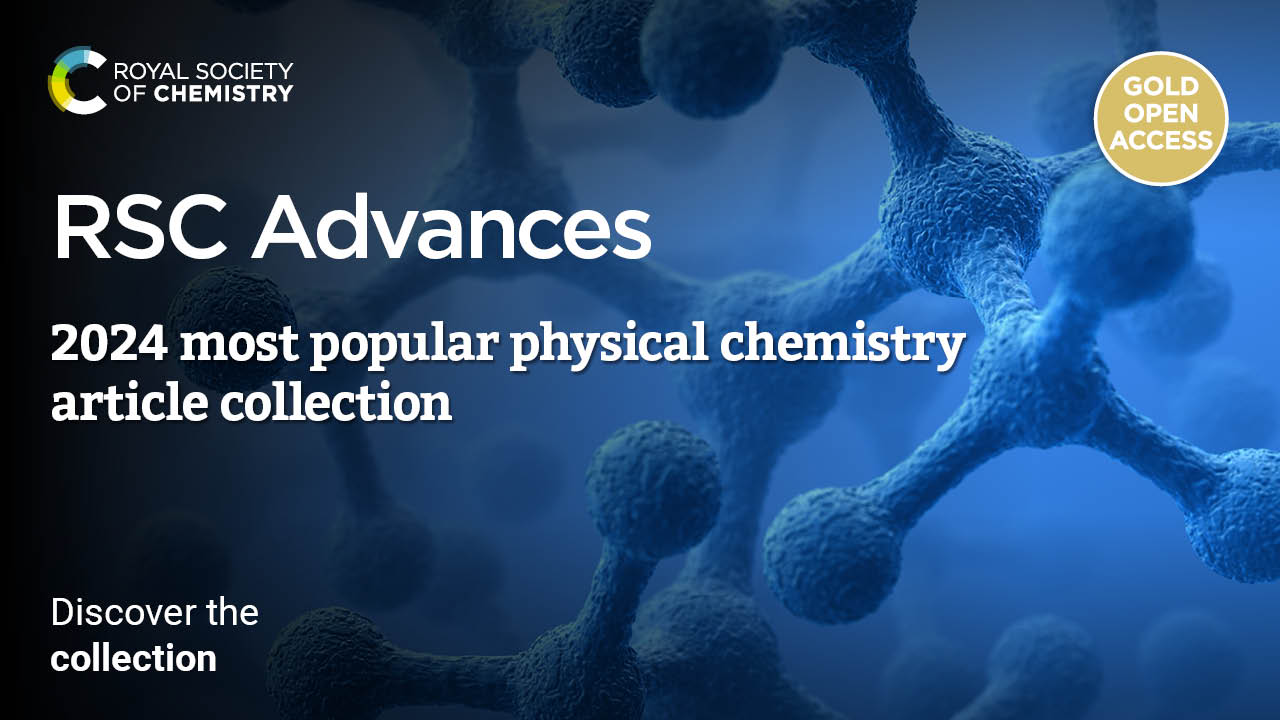RSC Advances is delighted to welcome Dr Lydia Rhyman, University of Mauritius as Editorial Board member and Associate Editor.

Lydia Rhyman was awarded her PhD in Computational Chemistry from the University of Mauritius under the supervision of Prof Ponnadurai Ramasami. She did her postdoctoral research at the University of Johannesburg and the University of Mauritius. She is currently an independent researcher. Her research interests lie in the use of Computational Chemistry methods to complement experimental results, to solve chemistry and interdisciplinary problems and address problem beyond experimental reach.
She actively promotes Computational Chemistry in Africa. She is a strong advocate for women in science, for open-access publishing and research integrity and raises awareness through various outreach activities.
She is an affiliate of the African Academy of Sciences, a member of the Royal Society of Chemistry, a member of the Global Young Academy and a TWAS Young Affiliate. She works closely with the RSC through her involvement with Commonwealth Chemistry where she serves as the African regional representative of the Early Career Chemists Network committee.
Discover some of her recent publications:
Divya Bhikharee, Lydia Rhyman and Ponnadurai Ramasami
RSC Adv., 2023, 13, 4077-4088
Lydia Rhyman, Edmond P.F. Lee, Ponnadurai Ramasami and John M. Dyke
Phys. Chem. Chem. Phys., 2023, 25, 47780-4793
Luis R. Domingo, Mar Ríos-Gutiérrez, Rishikesh Chulan, M.H.H. Mahmoud, Mohamed M. Ibrahim, Salah M. El-Bahy, Lydia Rhyman and Ponnadurai Ramasami
RSC Adv., 2022, 12, 25354-25363
Please join us in welcoming Lydia Rhyman!
A brief overview of RSC Advances
- one of the world’s largest gold open access chemistry journals
- international readership
- fast publication times ensure rapid visibility of your work
- authors retain copyright of their article
- all submissions are handled by a team of associate editors, who are established scientists actively working in the area
- all articles published in RSC Advances have been through the full peer review process
- the APC is among the lowest in the industry
- the Royal Society of Chemistry is a not-for-profit publisher – all surplus is re-invested back into the global scientific community
Find out more about RSC Advances and the benefits of publishing with us at rsc.li/rsc-advances.
















 Tracking changes inside cells is essential for understanding both normal biological functions and disease processes. Fluorescent probes are valuable tools for this purpose, offering advantages over genetically encoded alternatives. Despite significant advances in organelle-specific probes, several challenges persist. This work highlights key design strategies for such probes, including cellular uptake mechanisms and the interplay between the properties of the target organelle and the physicochemical characteristics of the probe. Additionally, it showcases recent advancements and addresses current challenges in the development of organelle-targeted fluorescent probes.
Tracking changes inside cells is essential for understanding both normal biological functions and disease processes. Fluorescent probes are valuable tools for this purpose, offering advantages over genetically encoded alternatives. Despite significant advances in organelle-specific probes, several challenges persist. This work highlights key design strategies for such probes, including cellular uptake mechanisms and the interplay between the properties of the target organelle and the physicochemical characteristics of the probe. Additionally, it showcases recent advancements and addresses current challenges in the development of organelle-targeted fluorescent probes. After completing her BSc at Universitas Indonesia (UI), Samira Husen Alamudi received her PhD in chemistry from the National University of Singapore (NUS) in 2015 under the supervision of Prof. Young-Tae Chang. She then pursued postdoctoral studies at NUS and later worked as a Research Fellow at the Agency for Science, Technology and Research (A*STAR), Singapore, with Prof. Young-Tae Chang and Prof. Ichiro Hirao until 2021. She subsequently worked in the biotechnology industry before joining UI in 2023, where she is currently an assistant professor. Her research interests include the development of small fluorescent probes for monitoring intracellular dynamics in native cellular environments.
After completing her BSc at Universitas Indonesia (UI), Samira Husen Alamudi received her PhD in chemistry from the National University of Singapore (NUS) in 2015 under the supervision of Prof. Young-Tae Chang. She then pursued postdoctoral studies at NUS and later worked as a Research Fellow at the Agency for Science, Technology and Research (A*STAR), Singapore, with Prof. Young-Tae Chang and Prof. Ichiro Hirao until 2021. She subsequently worked in the biotechnology industry before joining UI in 2023, where she is currently an assistant professor. Her research interests include the development of small fluorescent probes for monitoring intracellular dynamics in native cellular environments.


